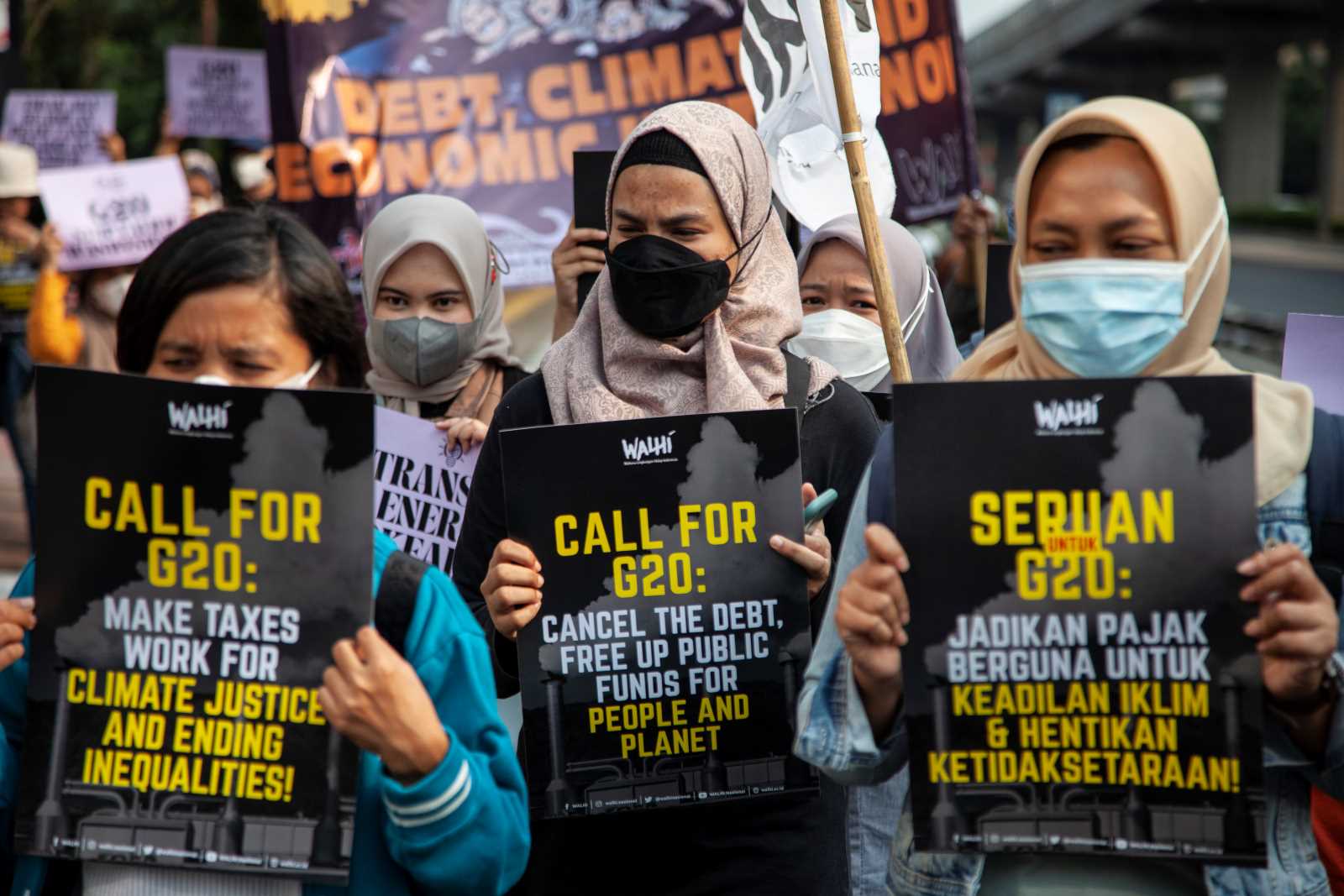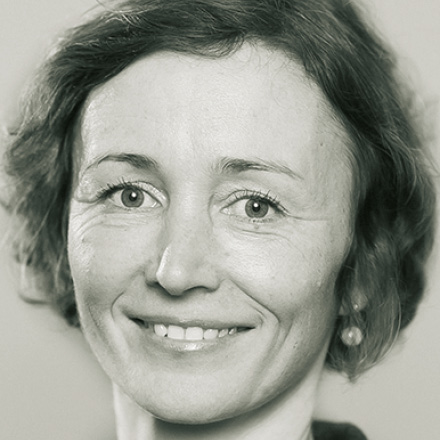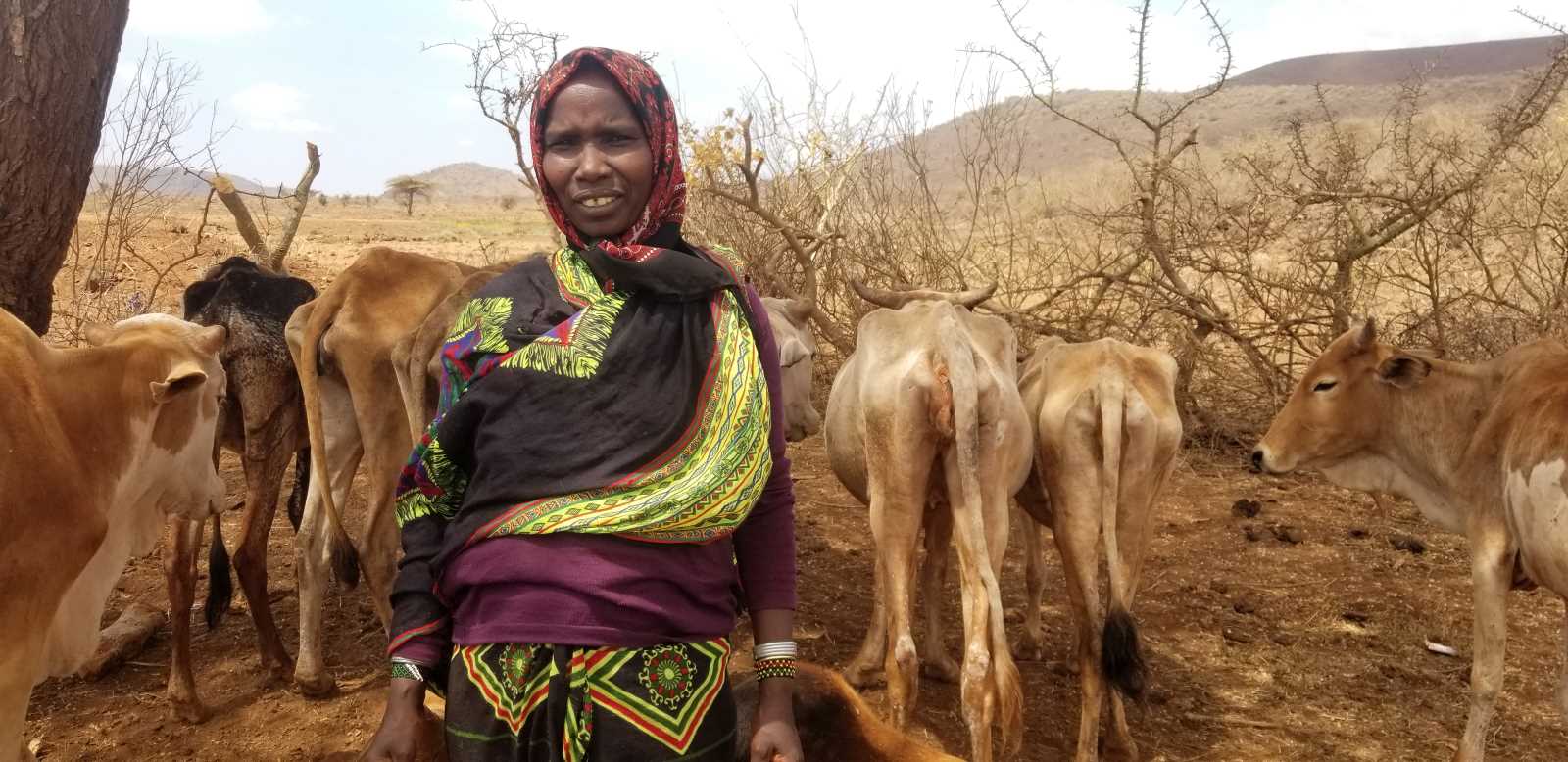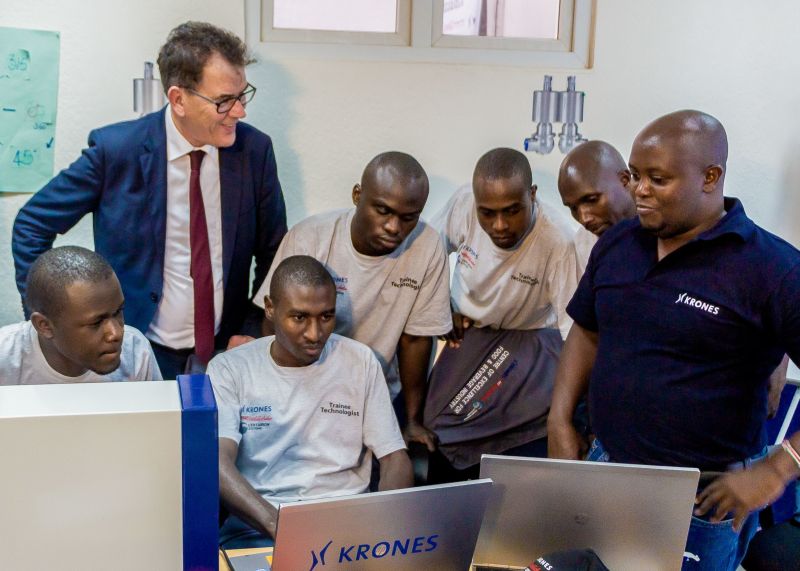Political jargon
A contentious term

According to Martial De-Paul Ikounga, the AU commissioner for human resources, science and technology, any item called “Marshall Plan” must not be on the AU agenda. In his view, the term is misleading and patronising. In the eyes of Job Shipululo Amupanda, vice dean of the University of Namibia’s economics department, the term denies African agency and is thus an expression of imperialist attitudes.
At a recent conference hosted by the Development and Peace Foundation (sef: Stiftung Entwicklung und Frieden), several African participants raised similar concerns. The core arguments were:
- Africa is not a continent that needs to be rebuilt after a world war.
- Africa’s colonial past is one reason for poverty and dysfunctional governance today, so the continent deserves to be compensated, not showered with charity.
- African development must be driven by African ownership.
The debate in Potsdam basically focused on the name of Müller’s proposal, not its substance. It showed that words can have different connotations in different contexts. What “Marshall Plan” means, varies from country to country.
In Germany, the connotations are positive because the original Marshall Plan facilitated the “economic miracle”, West Germany’s fast and tremendously successful reconstruction after World War II. It was perceived as an undeserved blessing, as the USA was helping the very people who had started the war and caused tremendous suffering.
In Britain and France, the perspective is different. The Marshall Plan was support from an ally, not the former enemy. Nations that had been liberated from German occupation similarly felt that US funding was an expression of solidarity.
The Marshall Plan obviously served strategic interests in the Cold War. In retrospect, however, Europeans on either side of the former Iron Curtain consider it to have promoted liberty and prosperity. It is not seen as an instrument of oppression.
When German policymakers speak of a Marshall Plan, they think of an economic miracle and indicate they want to unleash something similar. When Africans hear the term, they think of a foreign power calling the shots. Moreover, they feel entitled to compensation for past atrocities.
To German ears, however, the term makes sense – especially as Müller is speaking of a Marshall Plan WITH Africa, not one FOR Africa. In the eyes of Misan Rewane, who runs the social enterprise West Africa Vocational Education (WAVE) in Lagos, this nuance should matter. According to her, the big question is what the actual plan will look like and how “with” will end up being different than “for”. Ultimately, she says, action is more important than words.














